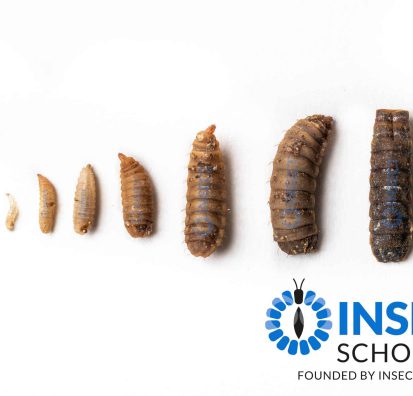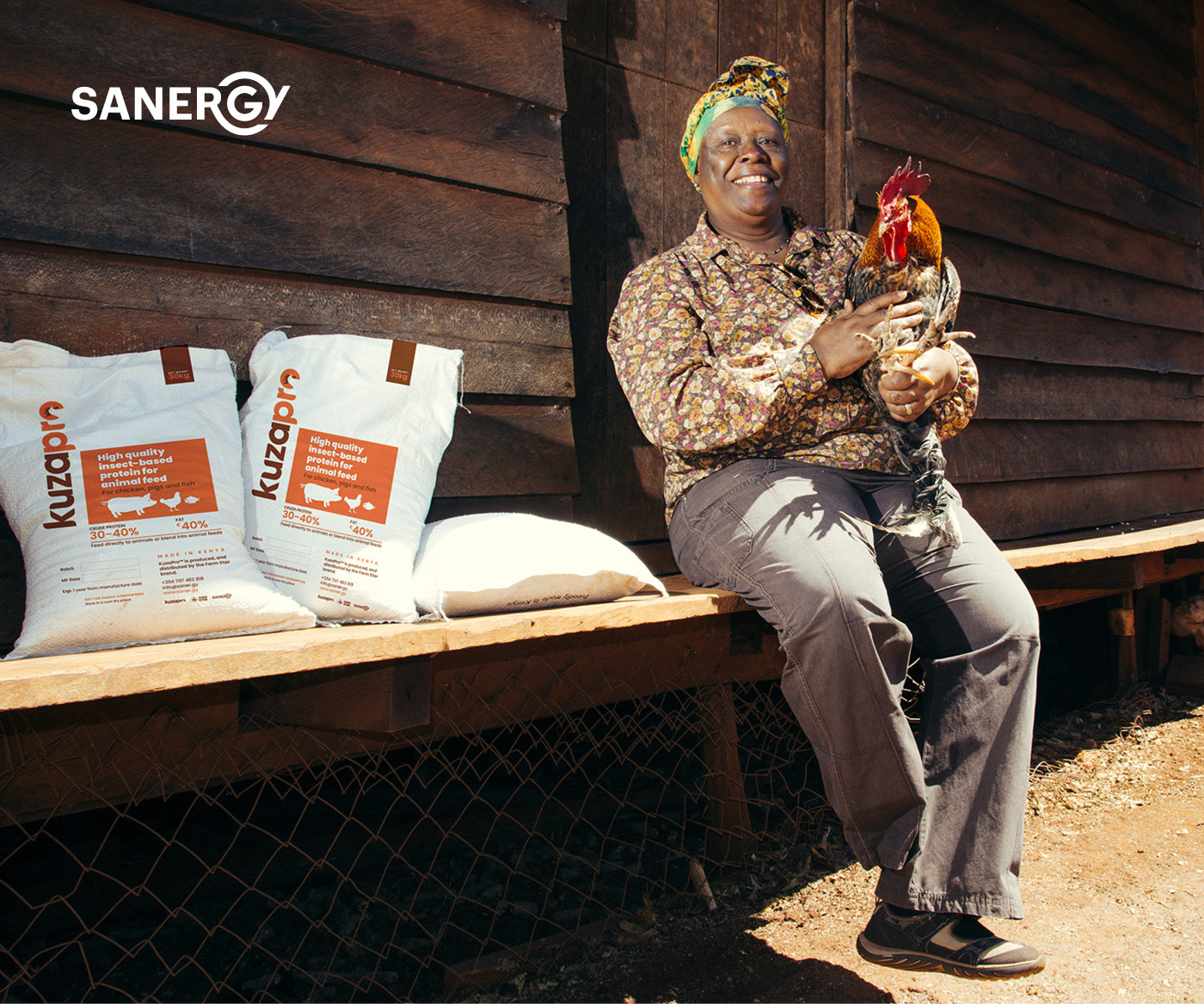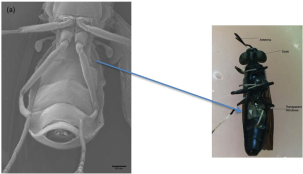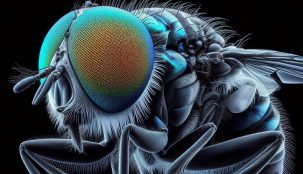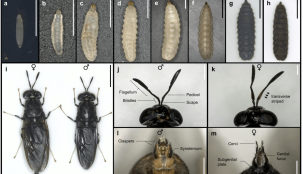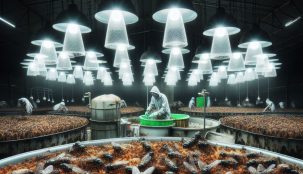Proteins and Carbohydrates: Key Nutrients in Black Soldier Fly Larvae Development

In the world of sustainable agriculture and waste management, the black soldier fly (BSF) larvae have emerged as remarkable bio converters. Central to their development are two crucial nutrients: proteins and carbohydrates. These components not only contribute to the rapid growth of BSF larvae but also elevate their potential as a sustainable source of protein and effective organic waste recyclers.
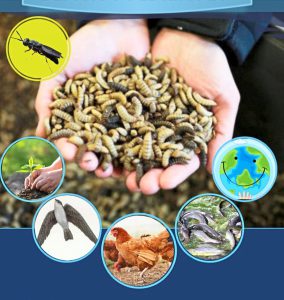
Protein: Fuelling Growth and Biomass Production
- Essential Growth Factor: Proteins stand as the fundamental building blocks for the growth of BSF larvae. Amino acids derived from proteins are vital for the larvae’s development and expansion.
- Rapid Growth: Renowned for their exceptional growth rates, BSF larvae owe much of their speed to the intake of adequate proteins. This results in a quick increase in larval biomass, making them efficient tools for bioconversion.
- High-Quality Biomass: The protein content in BSF larvae is notably high, making them a valuable protein source for various applications, including animal feed and human consumption.
- Nutrient Recycling: BSF larvae exhibit a unique ability to recycle nutrients from organic waste materials. This means they can transform human and livestock uneatable protein sources, like agricultural waste and food scraps, into edible protein-rich larvae.
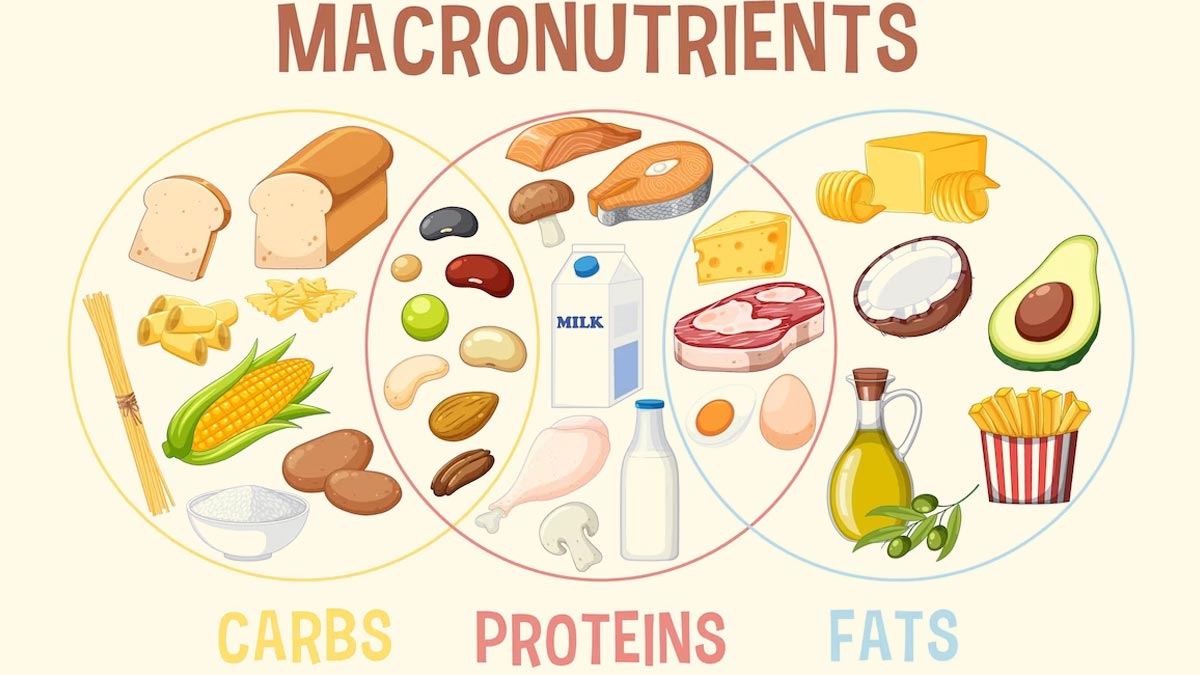
Carbohydrates: Providing Energy and Structural Support
- Energy Source: Carbohydrates are the energy providers for BSF larvae. They fuel essential activities such as locomotion, digestion, and metabolism, ensuring the larvae remain active and healthy.
- Balancing the Diet: While proteins are crucial for growth, a balanced intake of carbohydrates is equally necessary. This balance ensures that proteins are utilized for growth rather than being diverted for energy production, preventing unnecessary ammonia emissions.
- Utilization of Organic Waste: Carbohydrates found in organic waste materials, including cellulose and lignin, serve as resources that BSF larvae can efficiently break down and utilize. This ability facilitates the conversion of a wide range of organic substrates into biomass.
- Chitin Source: Carbohydrates act as the backbone for certain amino acids and contribute to the production of chitin, a structural polysaccharide present in the larvae’s exoskeleton.
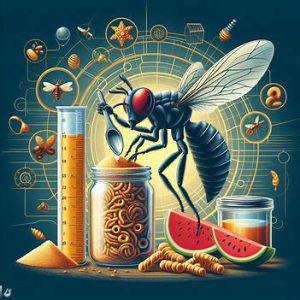
Proteins and carbohydrates are indispensable nutrients for the development of black soldier fly larvae. Proteins fuel rapid growth and biomass production, while carbohydrates provide the necessary energy and contribute to a balanced larval diet. The unique ability of BSF larvae to convert a variety of organic waste materials rich in these nutrients into high-quality protein biomass positions them as a promising solution for sustainable agriculture, waste management, and protein production.
For more information
- Insect bioconversion of waste, please contact us at the Insect school. https://www.insectschool.com/
- Turnkey insect farms – https://www.insectengineers.com/bsfturnkey/production
If you would like to book BSF industry keynote speaker Bob Holtermans for your event – https://www.insectengineers.com/about-us/speaker-bobholtermans
